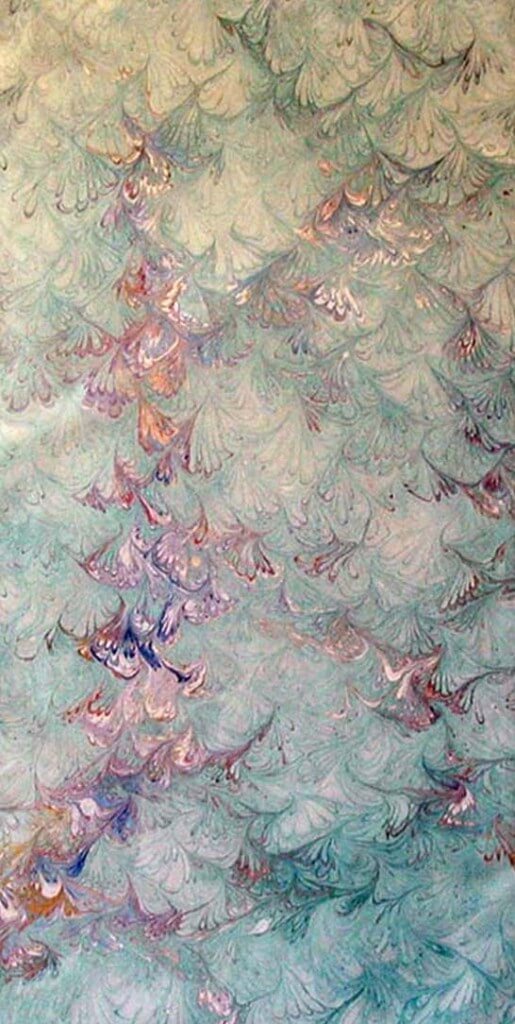Posts Tagged ‘Jeff Shaara’
Thoughts on Themes in History
I’m working with my college student on preparing for a history exam coming up on Monday, from World War I through World War II. That’s a lot of ground to cover. My student was complaining about how boring the class lectures were.
Sheesh. When are history professors and teachers going to learn that history is a “story,” and as such can be absolutely fascinating. It’s probably a good thing I was never good at lecturing when I first started teaching, because I approached all history lessons thematically: what did we learn from the past. Even today I am astonished at how much I still learn through well-researched historical fiction. I’ve been wanting to write this post for a long while.
First case in point: The Killer Angels by Michael Shaara, the second in a trilogy of the Civil War. This book focuses on the Battle of Gettysburg, and Shaara writes from hours of research of letters and diaries. I will never look at Gettysburg the same way again. This three days in July could have been avoided, could have changed the course of this country. It is a truly powerful story.
“He went back along the low stone wall. The dead were mostly covered now with blankets and shelter halves, but some of them were still dying and there were groups of men clustered here and there. There were dead bodies and wounded bodies all down the wall and all down through the trees and blood was streaked on the trees and rocks and rich wet wood splinters were everywhere. He patted shoulders, noted faces. It was very quiet and dark down among the trees. Night was coming. He began to feel tired. He went on talking. A boy was dying. He had made a good fight and he wanted to be promoted before he died and Chamberlain promoted him. He spoke to a man who had been clubbed over the head with a musket and who could not seem to say what he wanted to say, and another man who was crying because both of the Merrill boys were dead, both brothers, and he would be the one who would have to tell their mother.” (p. 232)
Jeff Shaara, the son, has also written a very power set of books about the American Revolution. Here’s his description of the reading of The Declaration of Independence to the Continental Congress, from Rise to Rebellion.
“‘We hold these truths to be self-evident, that all men are created equal…'”
“The words reached out to each of them, the delegates, those above in the public seats, out beyond the walls of this one simple building. The words were carried by rider and post, copies posted in every town square, in every courthouse, every state house, every assembly hall. Like a great stone dropped into a vast deep pond, the impact of the Declaration of Independence would flow out in waves that would reach far beyond the colonies, far beyond the people who had brought it to life. The words would spread beyond the great ocean, would reach the halls and stout buildings of a government that would still not understand, would still pretend to own the spirit of these unruly people, would insist that crushing that spirit mean crushing the people and whatever sham of an army these outrageous rebels would dare to mount.” (p. 528-529)
I’m reading The Fall of Giants by Ken Follett, about the years prior to and after World War 1. Again, extremely well researched and based in fact. World War I was an exercise in incompetence. When you begin to read about the United States, Britain, France, Germany, and Russia, and you see how everything came to a head in war because one or two men in charge would not compromise at all, it is eye-opening. Very much looking froward to the second book in the trilogy.
“Fifty thousand casualties, of which twenty thousand are dead,” Da went on. “And the battle goes on. Day after day, more young men are being massacred.” There were sounds of dissent from the crowd, but they were mostly drowned out by the shouts of agreement. Da held up his hand for quiet. “I do not say who is to blame. I say only this. Such slaughter cannot be right when men have been denied a part of the decision to go to war.” (p. 517-518)
And finally, from today’s history chapter on causes of the Great Depression, frightening in its accuracy:
“In addition to irresponsible speculation, income disparities and rampant use of credit also destabilized the economy. The income of the wealthiest one percent of Americans doubled, while the income of the bottom third only rose 6 percent. Income tax cuts returned money to the wealthy but did little for the middle class or the poor. While rich Americans could keep on buying washing machines, refrigerators, radios and cars, the bottom two-thirds found themselves stretched to the limit. By 1929 American factories, like farmers, were guilty of over-production. Manufacturers cut prices and then reduced their output. They laid off workers, who in turn cut back on their purchases. Borrowers stopped paying their consumer loans, leaving banks and stores with millions in bad debt.” (p. 871-872)
When you read those words, how can you find history boring? Can’t you see the direct connections? Why not a discussion that has to be fact-based to involve every student? If we continue to relegate the teaching (or reading ) of history to a minor subject that is considered boring by most students, when will we ever understand how we have gotten to where we are?
Sheesh.
